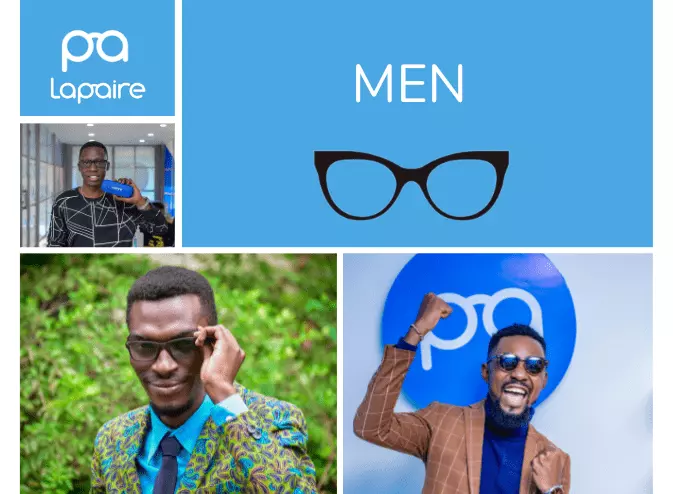Ivory Coast’s Lapaire Secures $3 Million Investment for Expansive Eyewear Reach Across Africa
Pan-African eyewear startup, Lapaire, recently secured a substantial $3 million investment to propel its expansion across the continent. The equity round was spearheaded by Investisseurs & Partenaires (I&P), an impact investment fund, with notable contributions from AAIC, FINCA Ventures, and Beyond Capital. Additionally, CrossBoundary provided advisory support for the deal through USAID’s Africa Trade and Investment activity.
The primary purpose of this infusion of capital is to facilitate Lapaire’s ambitious expansion plans across Africa. The funds will be instrumental in supporting the establishment of new eye care centers, reaching more customers, and further solidifying Lapaire’s presence in the eyewear market. This financial backing is anticipated to contribute to the company’s goal of positively impacting the lives of one million people across the continent by 2026.
Lapaire, founded in 2018 by Swiss national Jérôme Lapaire, operates in six countries, including Côte d’Ivoire, Benin, Togo, Burkina Faso, Mali, and Uganda. The company employs a unique business model, engaging directly with manufacturers and offering affordable eyewear, priced at around $25 per pair. With 58 eye care centers already in operation, Lapaire plans to open an additional 300 centers over the next two years, aiming for 80 new locations by 2024.
Rationale Behind the Investment
Strategic Market Expansion
Investors are attracted to Lapaire’s strategic approach to penetrating the eyewear market in Africa. The continent represents a substantial untapped market for affordable eyewear, with an estimated 35% of the population experiencing vision impairments. Lapaire’s expansion plan aligns with the increasing demand for accessible eye care services, positioning the company as a key player in addressing this widespread issue.
Innovative Business Model
Lapaire’s innovative business model, characterized by direct engagement with manufacturers and exclusive stocking of its own glasses, allows the company to offer eyewear at a significantly lower cost. Investors recognize the scalability and sustainability of this approach, as it not only addresses a critical health need but also does so in a financially viable manner, making eyewear accessible to a broader demographic.
Social Impact and Growth Potential
Beyond financial returns, investors are motivated by the social impact potential of Lapaire. By providing affordable eyewear and free eye tests, Lapaire addresses a pressing healthcare challenge in Africa. This aligns with impact investment principles, where financial success is coupled with positive societal contributions. The company’s demonstrated growth, transition from B2B to direct customer interaction, and commitment to opening more eye care centers underscore its potential for widespread impact.
A Look At Lapaire:
Founded in 2018 by Jérôme Lapaire, a Swiss national who relocated to Kenya in 2015, Lapaire initially launched in Kenya but has since expanded its operations to encompass six countries, as mentioned earlier. The primary markets for Lapaire include Côte d’Ivoire, Benin, Togo, Burkina Faso, Mali, and Uganda.
Lapaire’s business model revolves around providing affordable eyewear by bypassing middlemen and dealing directly with manufacturers. This allows the company to exert control over pricing, ensuring that its glasses are 80% more affordable than alternatives in the market. With 58 eye care centers currently in operation, Lapaire has tested the eyesight of over 300,000 individuals and employs 350 people.
Looking forward, Lapaire aims to open 300 additional eye care centers over the next two years, with a specific target of establishing 80 new locations by 2024. This ambitious growth plan reflects the company’s confidence in its scalable model and its commitment to positively impacting the lives of one million people across the continent by 2026.
Lapaire eyewear

Charles Rapulu Udoh is a Lagos-based lawyer, who has several years of experience working in Africa’s burgeoning tech startup industry. He has closed multi-million dollar deals bordering on venture capital, private equity, intellectual property (trademark, patent or design, etc.), mergers and acquisitions, in countries such as in the Delaware, New York, UK, Singapore, British Virgin Islands, South Africa, Nigeria etc. He’s also a corporate governance and cross-border data privacy and tax expert. As an award-winning writer and researcher, he is passionate about telling the African startup story, and is one of the continent’s pioneers in this regard.

